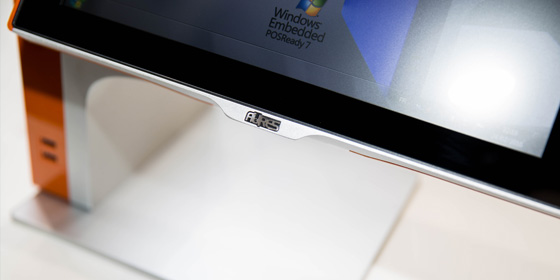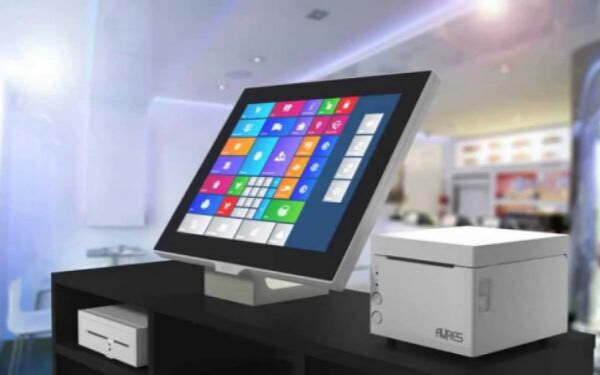By Jason SOUTHERN, AURES UK Sales Manager
We like to keep our fingers on the pulse of what our clients and end users are saying about EPOS. So, to that end, we recently decided to launch a weekly poll amongst our followers on Twitter, asking for their thoughts and opinions on a variety of EPOS-related topics.
While we don’t claim there is anything scientific about this kind of informal polling, we thought the results would nonetheless generate some interesting discussion points we could explore in our blog and elsewhere.
The first question we asked was – what is the main deciding factor for your business when you are buying a new EPOS system? And the results were conclusive – more than half of the people who took part said service and maintenance.
What is an EPOS System?
First of all, let’s clarify what we mean by an EPOS system. Increasingly, the term has come to be used to refer to the software platforms that allow point-of-sale operations – as well as a full range of other business management processes – to be run from a computerised device.
But as manufacturers of EPOS terminals and other hardware, when we talk about an EPOS system, we are referring to all the different elements combined – the screens, CPUs, cash drawers, printers and card readers found at sales points, the software they run, the network infrastructure that links it all together.
And because of this hardware and infrastructure element, we find it particularly interesting that our end users rate service and maintenance as such a key factor when choosing a new system.
Why service and maintenance?
Across the retail, hospitality and leisure sectors, business owners need to be able to rely on their EPOS systems to deliver fast, efficient service to their customers. Below-par system performance caused by technical issues with the hardware, software or network can badly impact on service levels. Especially at peak times, slow EPOS can lead to queues and bottlenecks which lead to customers abandoning sales, in turn damaging your reputation.
In the worst-case scenarios, full system outages can cost businesses thousands in lost revenues.
That is why it was no surprise to us that just under a third of participants in our Twitter poll identified quality as the most important factor when choosing a new EPOS system. More and more businesses are coming to recognise that the extra investment in robust, high spec EPOS solutions delivers value in the long term precisely because premium systems guarantee higher availability and more efficient performance than cheaper models.
The level of importance placed in service and maintenance further underlines just how important reliability and availability is to the modern business. At AURES, we are proud of how consistently end users and resale partners mention our repair and maintenance service as a key benefit of working with us. We recognise that no business can afford to wait for days on end for a faulty EPOS terminal to be repaired. With revenue at stake, our priority is to get a substitute shipped and installed as quickly as possible – then we can look at repairing the original.
We also strongly encourage clients to take out preventative maintenance contracts through their EPOS service providers, and we are lucky in how well supported we are by our channel partners. The point of preventative maintenance is that you are not just reacting to issues that might occur with an EPOS system, which means you are then always chasing your tail trying to get it back online as quickly as possible. Planned preventative maintenance is about resolving potential issues before they start to cost you money, optimising your system performance on a regular basis, and ultimately extending your EPOS lifecycle and therefore maximising the returns on your investment.




